
EDITORIAL
11-10-2021 by Freddie del Curatolo
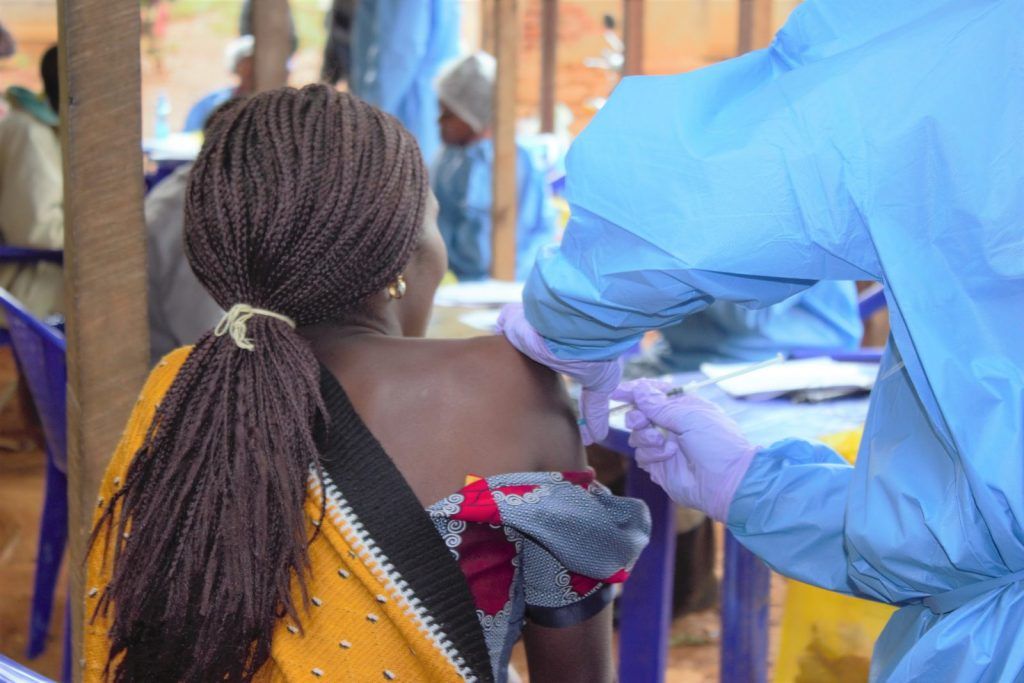
It would be difficult anywhere to ask the majority of the population to get vaccinated for a flu of which very few people die in their own country, much less than many other diseases, and only a very small percentage of citizens, i.e. the wealthy, can be hospitalized in special wards.
And in any case, the intensive care units of the same country have been practically empty for a month (below fifty beds out of a total of 700).
The country in question is obviously Kenya and the picture of the current situation, with regard to Covid-19 is this: in the last 24 hours not even one death recorded and even in recent days had been reported very few cases of death related to the virus, from reports of the previous month.
The government rightly does not want to minimize and give an overly optimistic image of the situation because from mass vaccination depends the credibility that Kenya must earn compared to other nations and the health security of the nation in view of the total reopening of travel to Nairobi and Mombasa.
But it is really difficult to convince "the man in the street" or, better, entire communities in rural and remote Kenyan areas to take seriously the vaccination for Coronavirus, when people are dying of hunger and soon probably, due to climate change, of thirst too.
In the book I wrote with my colleague from the AGI news agency, Angelo Ferrari, "La pandemia in Africa, l'ecatombe che non c'è stata" ("The pandemic in Africa, the carnage that didn't happen"), in examining the reality of a virus that was not as devastating as everyone, first and foremost the WHO, predicted, the final question concerned the difficulty of immunizing an entire continent with problems far removed from the use of a Green Pass to get around.
Can you imagine a "matatu", or a bus on the equator, almost always crammed and ramshackle, which welcomes all types of travelers, often without cell phones and with barely enough change for the ride, which must ask those who board the certificate of immunization?
And how many Kenyans in perspective will need it to travel abroad? Certainly just over 3% of citizens who have already been vaccinated.
It is no coincidence that even in European countries, in addition to having lived through the drama of a disease that has claimed victims and filled hospitals for at least a year and still has not finished its evil action, many citizens have been vaccinated just to be able to return to work, travel, school, restaurants, concerts, stadiums and other public places and events.
In Africa we can imagine, for example, that when the malaria vaccine is distributed, there will be a rush to immunize their children and if at this moment a Kenyan were forced to choose between the two vaccines there would be no history: Malaria beats Covid-19 with the maximum result.
Only compulsory vaccination could make all Kenyans vaccinate, but a wise African government should make (and transmit to the WHO as well as the United Nations) the message that the country can reopen if the basic categories and certain cities or regions are vaccinated. The tourism sector, for example, all entities and offices open to the public, airports.
A sort of "intelligent vaccination", thinking above all of the economy, because in the end Covid-19 in Kenya was scary especially for that, creating chasms that as always have swallowed those who were already struggling to stay afloat. Or by being able to create those "corridors" so dear to Italy to restart at least tourism, which, especially in certain areas such as national parks and the coast, is the fundamental resource to feed and live for thousands of people.
And who knows, when so many people will finally be able to resume their lives, having that two dollars in their pockets to feed their children and send them to school, they may begin to look at their condition as something to be preserved. Maybe with one more vaccine and a pinch less fatalism.
(Photo: Africa CDC)
NEWS
by redazione
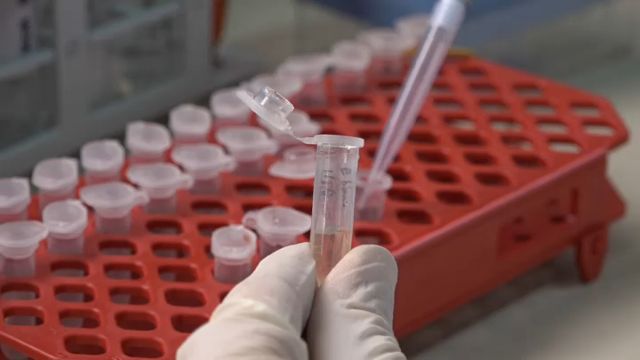
The Ministry of Health has decided that the booster vaccines administered so far, which number...
CORONAVIRUS
by redazione
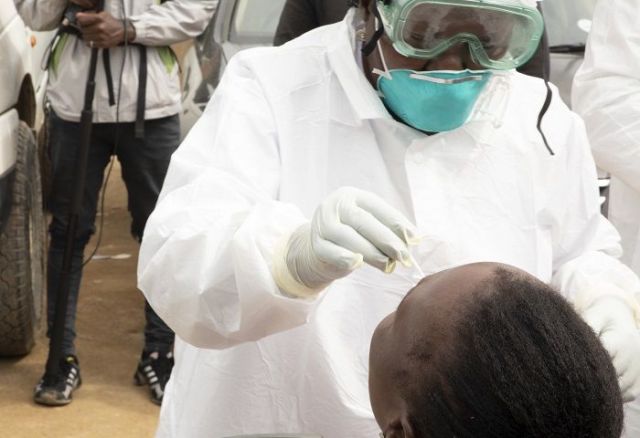
The Kenyan health authorities have also taken stock of the first ten months of the pandemic in...
CORONAVIRUS
by redazione
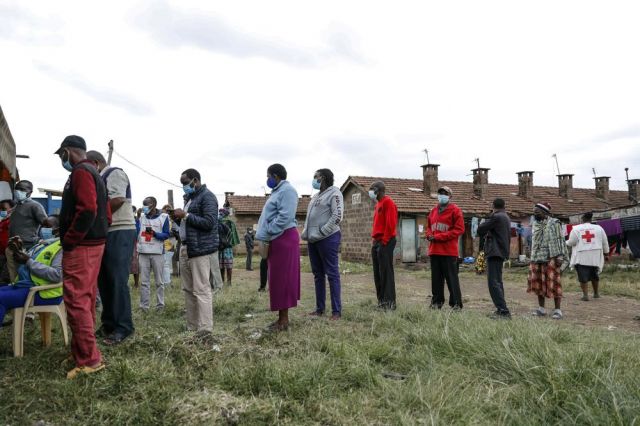
Despite new arrivals of vaccines (yesterday another 210 thousand AstraZeneca donated by Poland), in...
NEWS
by redazione

The situation of the vaccines made available so far to the 55 African states through the continental Africa...
CORONAVIRUS
by redazione

The percentage of cases per swab is decreasing, especially in Nairobi, but for Health Minister...
CORONAVIRUS
by redazione

One million two hundred and fifty thousand vaccines in Kenya by next June.
After...

In the last 24 hours the percentage of positive cases in Kenya has risen in relation to...
CORONAVIRUS
by redazione

On the day Kenya officially receives its first vaccines from the African Covax programme, which...
NEWS
by redazione
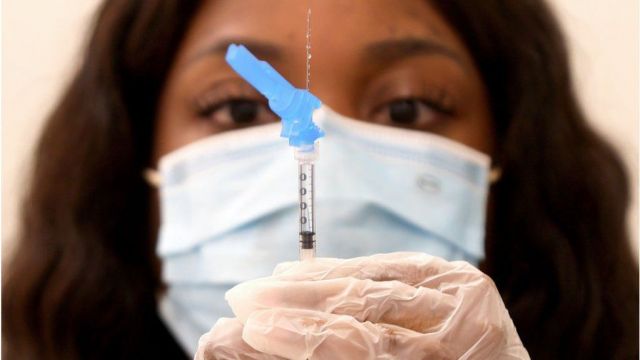
From the United States comes the hope that African populations can be almost...
CORONAVIRUS
by redazione
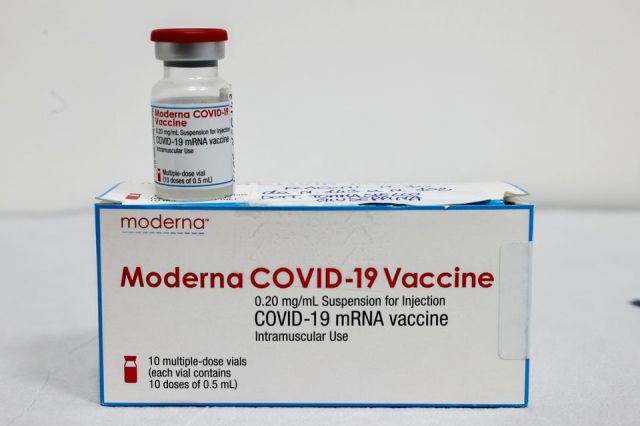
As of this morning, Monday 23 August, 880,000 doses of the Moderna vaccine, acquired by ...
CORONAVIRUS
by redazione
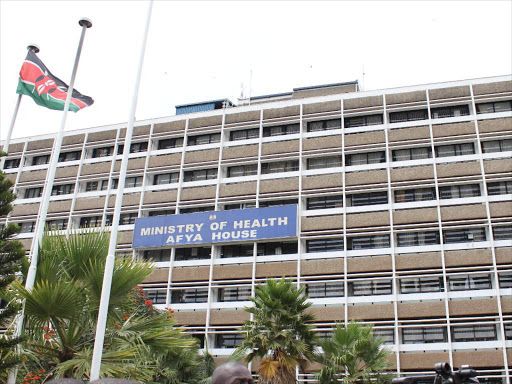
Intensive care units are slowly emptying out, vaccines are running out, the percentage is falling, and people are...
PANDEMIC
by redazione
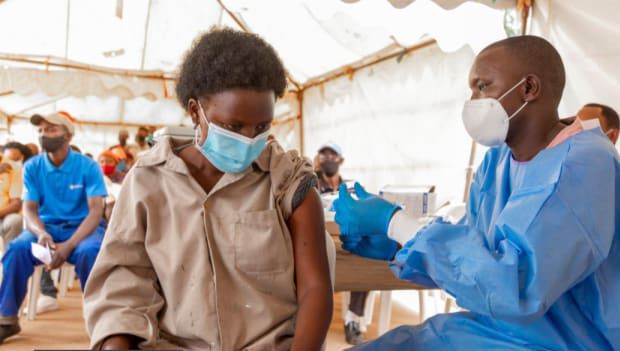
There is an air of return to normality in Kenya, after months and months of restrictions and hospitals...
NEWS
by redazione
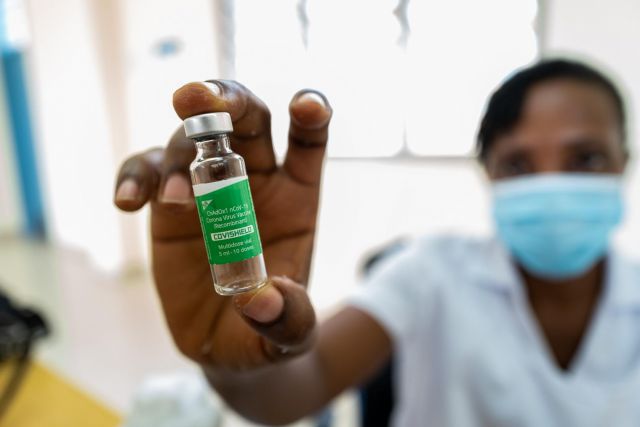
The European Union continues to refuse to recognise the AstraZeneca 'Covishield' vaccine used in...
NEWS
by redazione
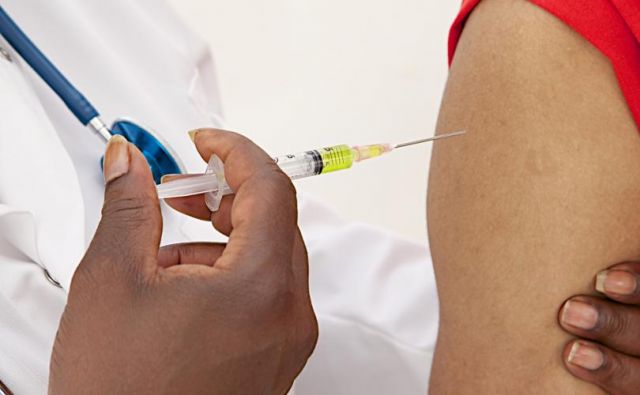
With only a few hundred doses per week, not much can be done to vaccinate as many...
CORONAVIRUS
by redazione
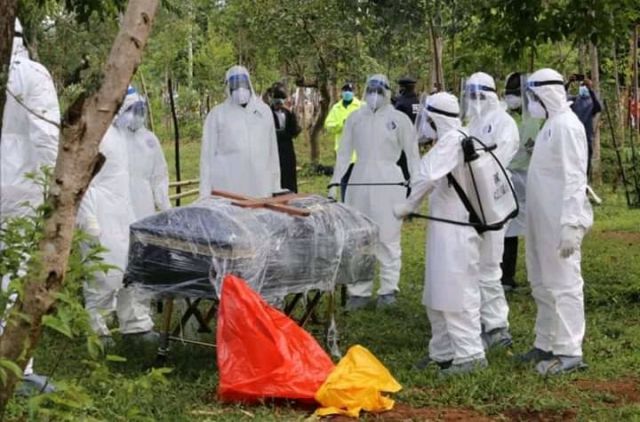
The average number of official cases of Covid-19 in Kenya over the past week has been...
CORONAVIRUS
by redazione
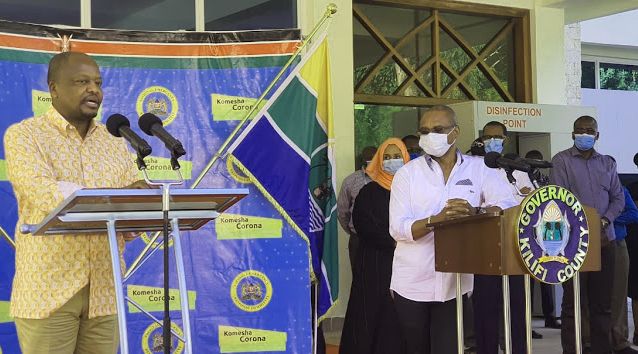
For the first time since the start of the pandemic, Kilifi County is the first county to report new...